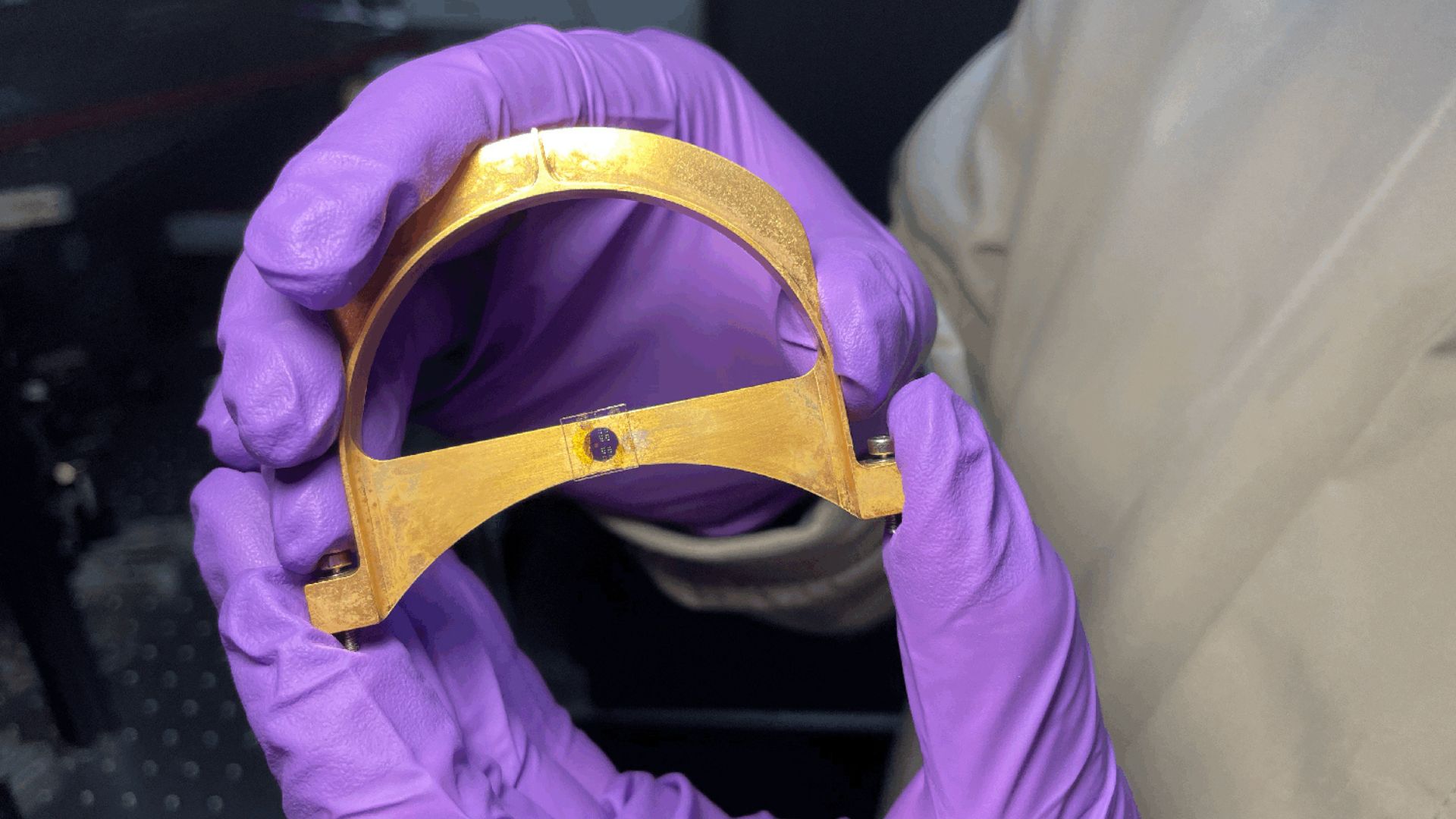Stanford University researchers say they have developed a nanoscale optical device that could shift the direction of quantum communication.
Unlike today’s quantum computers that operate near absolute zero, this new approach works at room…

Stanford University researchers say they have developed a nanoscale optical device that could shift the direction of quantum communication.
Unlike today’s quantum computers that operate near absolute zero, this new approach works at room…